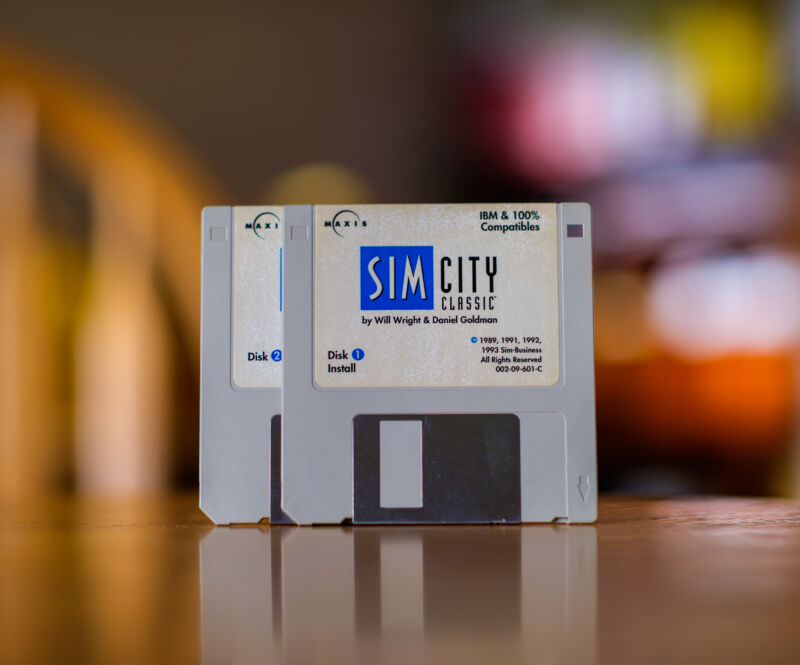Windows 95 went the extra mile to ensure compatibility of SimCity, other games

Enlarge / Microsoft wanted people to have zero reasons not to upgrade to Windows 95. That meant making sure SimCity Classic worked, with some memory-reading workarounds. (credit: Chris Hsia / Flickr)
It's still possible to learn a lot of interesting things about old operating systems. Sometimes, those things are already documented (on a blog post) that miraculously still exist. One such quirk showed up recently when someone noticed how Microsoft made sure that SimCity and other popular apps worked on Windows 95.
A recent tweet by @Kalyoshika highlights an excerpt from a blog post by Fog Creek Software co-founder, Stack Overflow co-creator, and longtime software blogger Joel Spolsky. The larger post is about chicken-and-egg OS/software appeal and demand. The part that caught the eye of a Hardcore Gaming 101 podcast co-host is how the Windows 3.1 version of SimCity worked on the Windows 95 system. Windows 95 merged MS-DOS and Windows apps, upgraded APIs from 16 to 32-bit, and was hyper-marketed. A popular app like SimCity, which sold more than 5 million copies, needed to work without a hitch.
Spolsky's post summarizes how SimCity became Windows 95-ready, as he heard it, without input from Maxis or user workarounds.
Read 5 remaining paragraphs | Comments
from Tech – Ars Technica https://ift.tt/ED1yVOn
Comments
Post a Comment